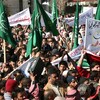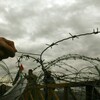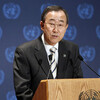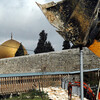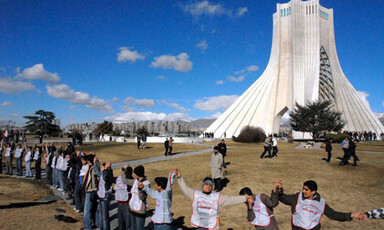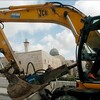
Israeli Arabs: 'Who are we and what do we want?'
12 February 2007
While Palestinians under occupation in the West Bank and Gaza are scrambling to come up with a new national Palestinian vision, Israeli Arabs are looking for ways to wrest equal citizenship rights for themselves as non-Jews in a state whose reason for existence is to nurture Jewish identity and culture. According to a recent New York Times news item, “A group of prominent Israeli Arabs [in a report issued in December 2006] has called on Israel to stop defining itself as a Jewish State and become a ‘consensual democracy for both Arabs and Jews,’ prompting consternation and debate across the country.” Read more about Israeli Arabs: 'Who are we and what do we want?'
